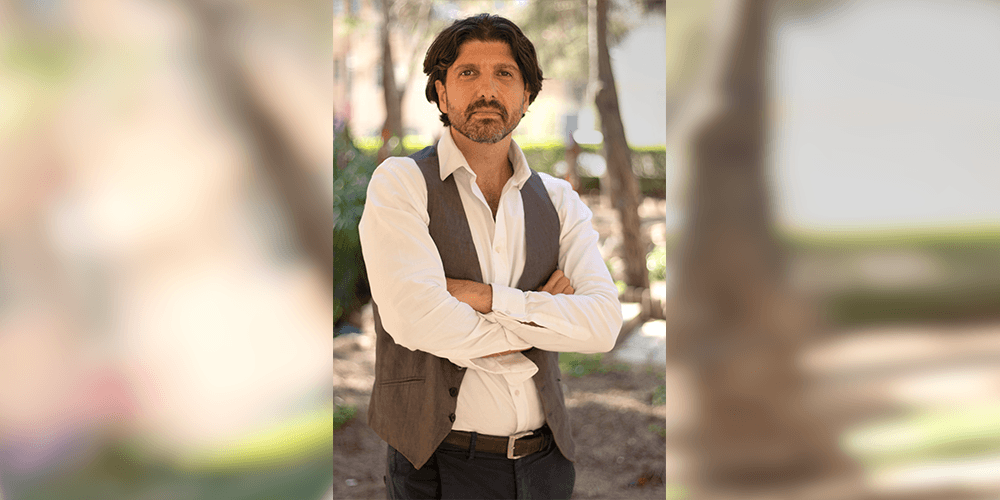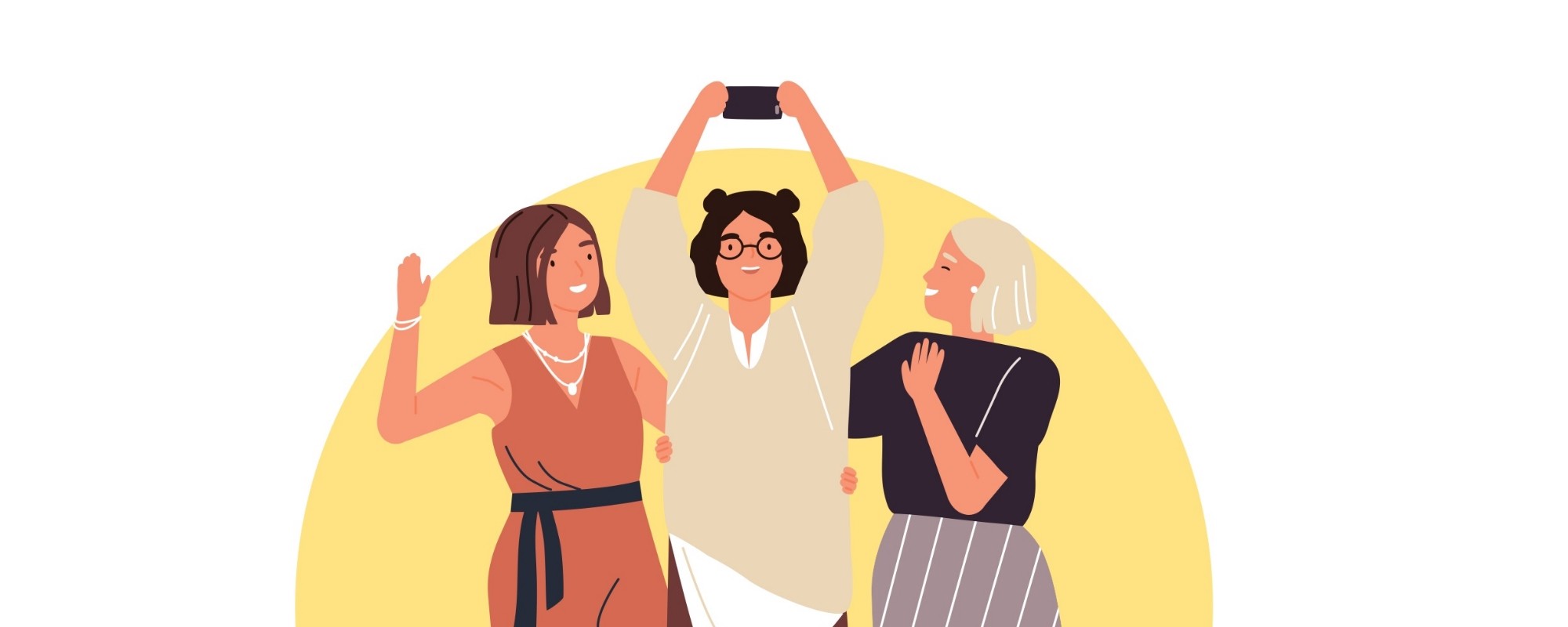Policy strategies laud volunteerism, but critics frown upon ‘voluntourism’, which is travelling to so-called developing countries for short-term voluntary work. University of Malta researcher Dominik Kalweit, who is also a director of the Maltese NGO Kopin, and researcher Dr Stefano Moncada, unpack this phenomenon.
When a Maltese travel agency started advertising opportunities for tourists to cuddle Kenyan children with disabilities on the way to their safari (not in these words, but you get the gist), the for-profit sector ventured into territory which was previously solely populated by charitable organisations. Around the world, there is a whole industry of volunteer tourism, asking young people to pay for — in the advertisers’ words — a life-changing experience that will also look good on their CV.
According to a 2010 European Commission study ‘Volunteering in the European Union’, around 12% of Malta’s population engage in voluntary work, through involvement in an NGO or individually. The number is laudable, reflecting what Malta’s National Strategy on Volunteering (2019–2024) calls ‘a positive, natural and spirited way to realise meaningful human interaction, collaboration, and purposeful contribution’.

You may have heard of the fish versus rod metaphor. Duncan Green of Oxfam takes it further, suggesting that someone’s right to fish — access to fundamental resources, nutritious food, and living in dignity in a safe and healthy environment — is a human right. The human rights-based approach goes far beyond addressing a particular short-term need. It is about equity, social justice, and sustainable development.
Some of Malta’s main non-governmental development organisations (NGOs engaging in so-called developing countries) emphasise that their mission is about human rights and not charity. They also work to challenge prejudice, whereas stories from voluntourism experiences typically only reinforce the stereotype of poor, uneducated Africans. Images of volunteers hugging poverty-stricken children do not help. Without critical challenges, such accounts might fuel xenophobia and racism, contributing further to the already toxic discussions around irregular migration and asylum, including in Malta.
Despite these effects, it is difficult to criticise voluntourism because it is often well-intentioned and responsive to emergencies or needs in the short term. On a website on sustainable development, the United Nations affirms that ‘volunteerism strengthens civic engagement, safeguards social inclusion, deepens solidarity and solidifies ownership of development results. Importantly, volunteering has a ripple effect.’ But we need to ask ourselves: are the ripples always desirable?
Images of volunteers hugging poverty-stricken children do not help. Without critical challenges, such accounts might fuel xenophobia and racism, contributing further to the already toxic discussions around irregular migration and asylum, including in Malta.
When volunteer amateurs engage in work that would require hiring professionals, it may pose risks to their own and to the intended beneficiaries’ safety, whilst also pushing out local professionals. Professionals could be recruited from, or, if not available, be paid to live in, the beneficiary community and do their job. If they could earn a living and spend their income locally, this would reduce the need for charity.
Any organisation sending volunteers abroad must address ethical concerns: are volunteering tourists trained to engage with the community in a way that is dignified and not victimising, patronising, or overpowering? How will the volunteer communicate, especially in times of social media? Will they respect national data protection laws and, equally important, ethical communication rules? The Code of Conduct on Images and Messages by the Irish NGO Platform Dóchas provides some excellent guidelines, but a simple rule of thumb helps: ‘If the person who I intend to portray was me, my child, or someone dear to me, would I be happy with the portraying?’ If the answer is negative, just don’t post it.
Volunteering with children, both at home and overseas, is a particular concern. Anyone working with children must be aware of, trained on, and fully adhering to a child’s rights, as defined by UN Convention. Children can emotionally attach to short-term volunteers, and departure will inevitably lead to a rupture in their lives, which can be harmful. Continuity of care is much better for their wellbeing.

When voluntourism contributes to the classical picture of the white saviour, it distorts the discussions that really should be taking place: about unsustainable development, which goes hand-in-hand with forced migration; and about global economic and financial systems feeding on exploitation and inequality. We must radically rethink sustainable development cooperation; addressing absolute poverty and food insecurity; lack of access to even basic rights, goods, and services; bad governance and oppression; and the impacts of global warming.
There are many better ways to make a difference in other people’s lives than voluntourism. You do not need to helicopter yourself into an unfamiliar context. For example, you can support development NGOs in Malta through a donation or by getting involved. Whatever your background, skills, and capacities, you can help them deliver their sustainable development projects on the ground more effectively through solidarity networks. If you are looking for a direct experience with people, consider becoming socially active in Malta, for example, with food banks, refugee support organisations, organisations working with children with difficult family backgrounds, or women’s rights organisations supporting domestic violence survivors. Choosing an organisation, pay attention to whether it provides you with the necessary support to make a positive, sustainable impact on others’ lives.
A volunteering experience overseas isn’t necessarily bad, as long as one ensures that its outcomes and impact are dignifying and the goals are set by the host communities themselves rather than donors. The volunteer’s CV or ego should never be the primary reason for the trip. And if you feel you absolutely have to snap a photo, don’t place yourself in the centre. Make it a dignified, positive experience for everyone involved.
Further reading:
Green, D. (2008), From Poverty to Power: How Active Citizens and Effective States can Change the World. Oxfam International. See also the Oxfam blog “From Poverty to Power”.
GHK (2010), Volunteering in the European Union. European Commission.
Dóchas, The Irish Association of Non-Governmental Development Organisations (2014), The Illustrative Guide to the Dóchas Code of Conduct on Images and Messages.





Comments are closed for this article!